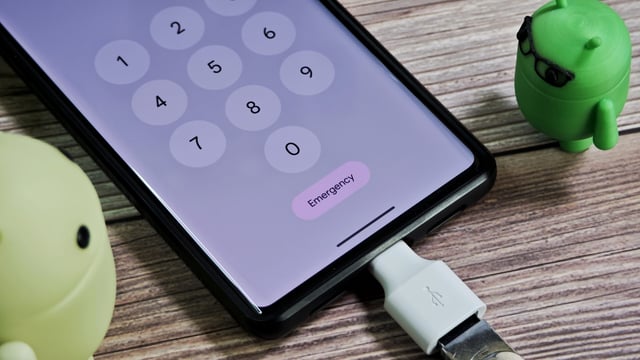Overview
- Graz University of Technology researchers unveiled choicejacking as a stealthy evolution of juice jacking that bypasses OS-level consent prompts at public chargers
- The method spoofs USB or Bluetooth input devices to simulate user actions and force phones into data-transfer or debug modes
- The entire exploit completes in under 133 milliseconds, leaving users unaware of unauthorized data exchange
- Once compromised, attackers can browse photos, read messages, and install malware without user knowledge
- Cybersecurity advisors and regulators recommend avoiding unfamiliar USB ports, keeping software updated, using charge-only modes, or carrying personal power banks to counter the threat


